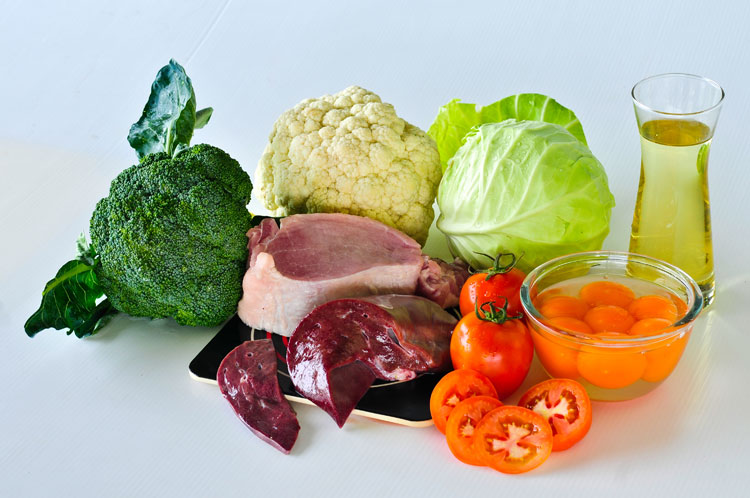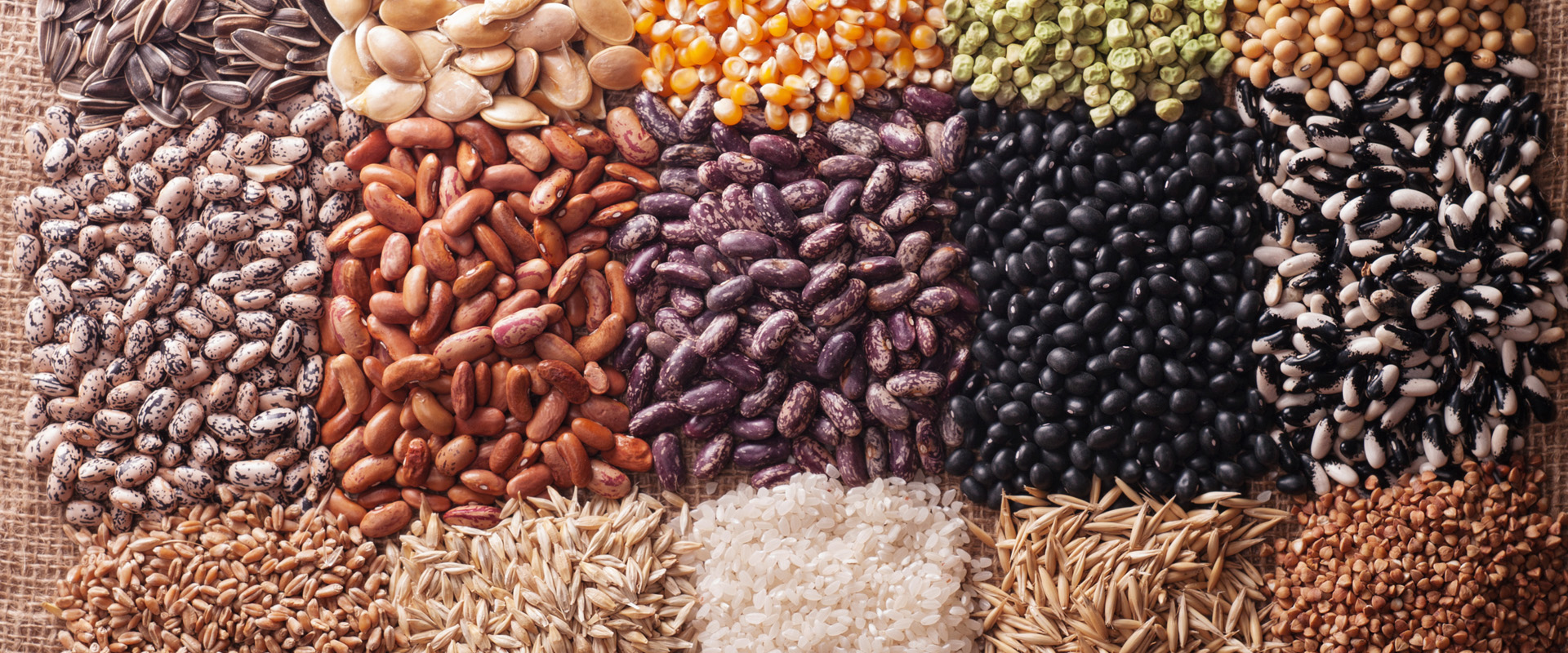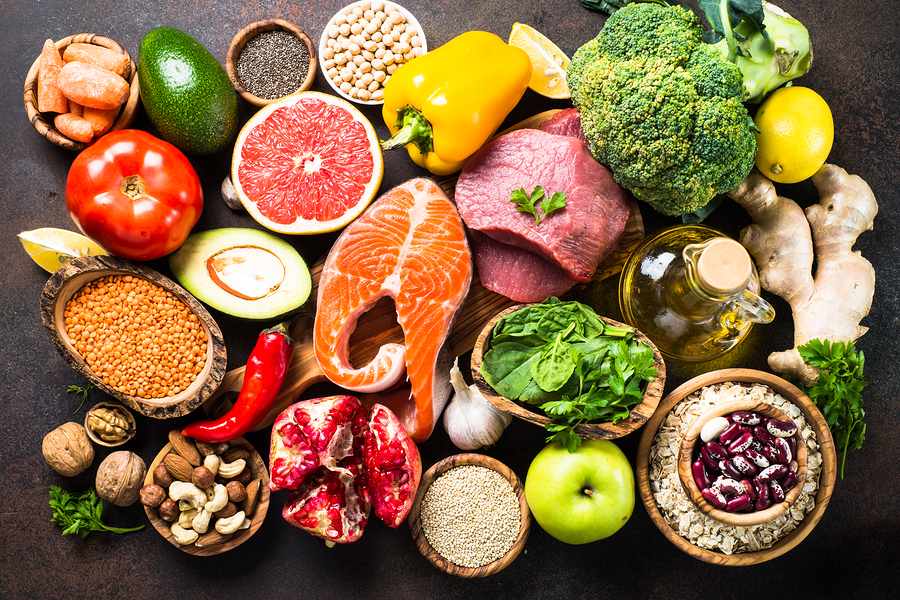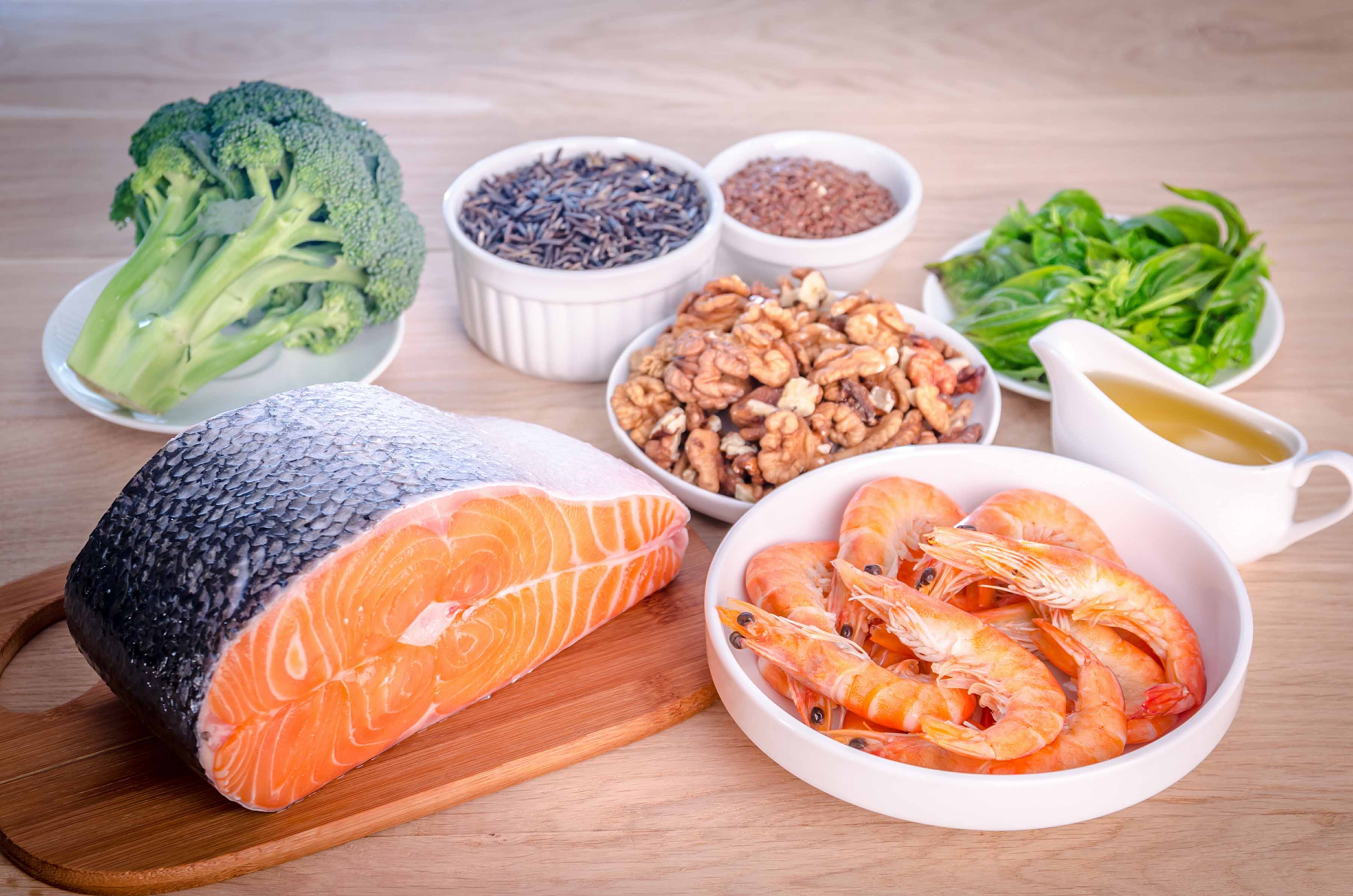Eating According To Your Age
As a young person, you want foods that will keep your energy level high while increasing your metabolism. This will prevent excessive weight gain. As you age, however, you need more energy and strength to perform simple tasks, learn to eat according to your age.
You, therefore, need foods that will help you maintain that. All these foods have what it takes to keep you young and healthy. They are also your best bet for keeping your skin young, smooth and clear throughout your lifetime.
It is crucial for you to realize that your nutritional needs are continually changing as you age. As you grow old, you will notice that you will have to change your interests, priorities and eating habits. The nutritional principles will not be the same for a 20-year-old and a 50-year-old. So what does a balanced, nutritious diet look like for each age group? Check out nmn.
For your 20- 30-year-old
For most 20- 30-year-olds, life is busy, and a healthy diet is not taken into consideration. According to studies, it is difficult and often impossible for people in this age group to meet the nutritional needs of their bodies.
They consume fewer vegetables and fruits and a lot more fat and processed sugar than they should. At this age, your bone density is growing. At this age, you need to focus on the nutrition that will help you achieve the nutrition your body needs to help prevent osteoporosis later in life.
You, therefore, need to ensure that the foods you eat allow you to get enough calcium and vitamin K. This is mostly obtained by consuming large amounts of eggs, vegetables, and fish when eating according to your age.
This is the age when most people feel the need to skip breakfast especially because they are up till late at night partying and have to wake up early for work. When they do get the time to eat they usually snack on salty and sugary foods that result in low fiber intakes. Studies show that while the recommended fiber intake is 30g, most people only take 12g in their 20s. With low fiber and high sugar intake, many people in this age group suffer from constipation and increase their risk of getting high blood pressure.
What nutritional needs should you achieve?
Increase your calcium intake
At this age, it is paramount to ensure that you are getting the required amount of calcium in your body. Calcium has various benefits for you. It helps your bones to become stronger and reduce risks of fractures and osteoporosis. You need to get at least three servings of calcium-rich foods. Such foods include; milk and cheese. If you do not take dairy, you need to consider other calcium sources like broccoli, beans, and tofu.
Whole grains
Ensure that your breakfast time is healthy by starting with a healthy whole grain meal like cereals or porridge. You also need to include nuts and fruits in your diet. Reduce your salt and processed sugar intake. Scientists suggest that an adult should consume no more than 6g of salt. Always check the back of the sandwiches and snacks you take. For your main meal, aim to eat 2.5g of salt or less.
Folate-rich foods
Folate is critical especially if you are considering getting pregnant. Women should take more vitamin B as it protects the baby from having congenital disabilities or neural-tube defects. Great folate sources include dark leafy vegetables and folic acid supplements. Folate plays a significant role in the manufacture and repair of the cell’s genetic material, DNA. Both males and females need to take at least 400 micrograms of folate-containing foods daily.
Iron

Iron-rich foods must be taken in your 20s and 30s. They are quite beneficial in metabolism, mental concentration as well as in the transfer of oxygen to the various muscles. Some of the foods that are good sources of iron include; oysters, lentils, red meat as well as cooked spinach. Iron is also useful in the manufacture of hormones and connective tissue. Men in their 20s and 30s should take at least 8 grams daily while women should eat 18 grams daily.
Take more magnesium
The intake of magnesium is paramount in your 30s. Some of the magnesium-rich foods include almonds, cashews, cooked spinach, and plain yogurt. It helps in the generation of energy for your body as well as in the regulation of both blood pressure and blood sugar. In your 30s, you are most likely too stressed out to get a good night’s sleep; studies indicate that it helps a person to sleep through the night.
Omega-3 fatty acids
At 30 you most likely want to keep your brain healthy and sharp. It also improves the health of your heart, joints and enhances mood. Munch on foods rich in omega-3 fatty acids. For instance, you can replace your usual vegetable oil with some olive oil or coconut oil. You can get more omega-3 fatty acids from chia seeds, wild salmon as well as egg yolks.
In your 40s
As you grow old, you need to exercise regularly especially if you have a desk job. Unlike young people, at this age, the need for healthy balanced diets and workouts is paramount. Your metabolic rate will drop significantly because middle-age is characterized by hormonal changes that make people justify their unhealthy life choices.
As such, they gain excess weight and are more prone to lifestyle diseases. The decrease of collagen and elasticity in your skin will increase wrinkles and make it more difficult for you to eliminate toxins from your body. You, therefore, end up experiencing bloating. The estrogen levels also fall significantly causing the skin to sag and be drier.
What to eat

40 is the age when you have to take extra care to prevent any health issues that may arise later in life. Always eat as many vegetables as you can. These will help increase your water levels and detoxify your entire body.
You also need to increase oily fish, seeds, and nuts that contain essential amino acids that help prevent aging of the skin by increasing your body’s moisture levels. Iron-rich foods should be a significant part of your diet as they help prevent hormonal imbalances and aid in the absorption of nutrients in your body. Avoid foods that contain ‘bad’ fats or those that have lots of sugar to prevent you from gaining weight. You can instead opt for polyunsaturated fats such as olives.
At 40, your body starts to lose muscle mass which makes your metabolism slow down. You should, therefore, increase your protein intake because protein leaves you feeling fuller for an extended period. Eat chicken, lean meat as well as eggs. They increase your muscle mass and allow you to burn more calories than you would with carbs.
Eat According To Your Age In your 50s
At 50, you need to watch your cholesterol levels closely. Your immune system is not as strong as it used to be and you are more prone to infections. The effects of menopause are still evident and may increase the chances of getting brittle bones.
To counter this, you need to ensure that your diet is full of calcium and low fat. Water is also essential as it will help hydrate not only your body but also increase your skin’s elasticity. This will keep you looking younger than you are.
What to eat

You need to avoid fatty foods as they increase your cholesterol levels. Also, your energy levels have decreased significantly, and so any fat you consume is stored in the body. Increase your fruits and vegetable intake as they help improve your immunity and are healthy for your heart.
Spinach is especially useful for your eye health and produces a chemical that protects your eyes from UV rays that could cause eye problems such as age-related macular degeneration(AMD) as well as cataracts. Aim to eat not less than three portions of omega-3 rich foods. They will help keep your body strong and keep you healthy. The best sources of omega-3 fats are eggs, seeds, nuts, and fish.
Calcium should always be a part of your diet when you are in your post-menopause stages. Women are at a higher risk of getting a condition called osteoporosis than men and thus should ensure they increase their daily calcium intake to about 1200mg. As you age, calcium helps maintain the density of your bones making them remain strong. The apparent source of this mineral is milk or yogurt.
Increase your potassium intake as it is vital for your heart’s health. It helps in lowering your blood pressure and thus your risk of getting cardiovascular disease. Foods that are rich in potassium include bananas, butternut squash, and sweet potatoes.
Eat according to your age: Conclusion
Aging is an eventuality that happens to all human beings. As your body changes, so do your nutritional requirements change as you age. Thus, it is essential that a person eats according to their age. As you age, various minerals and vitamins are required by the body in different amounts.
You should understand what you should eat or avoid in your diet at a certain age. Eating the right diet will help maintain both your mental and overall body health. Use the tips outlined above to learn more about what your body requirements are at 20, 30, 40, and 50 years of age.




















